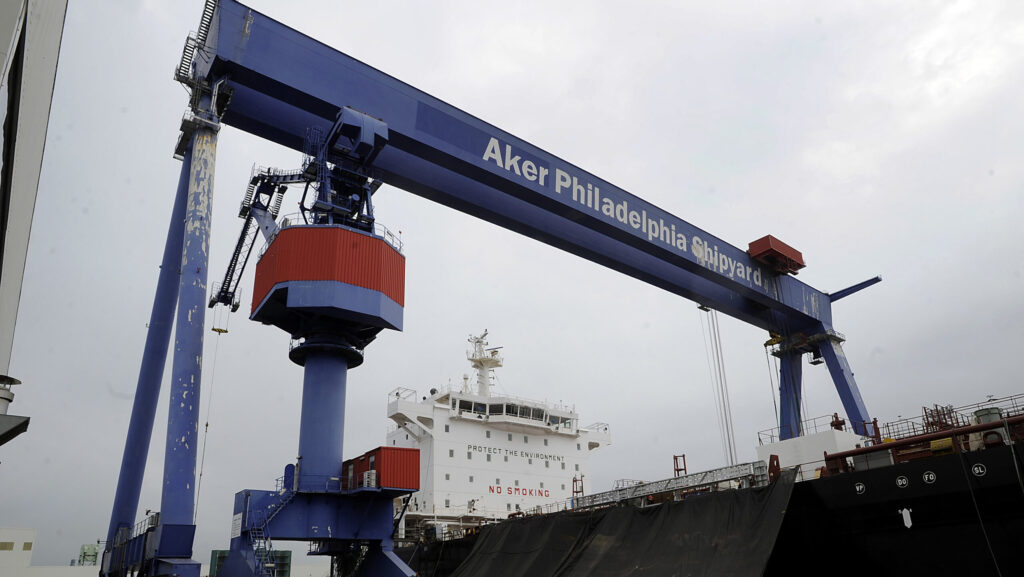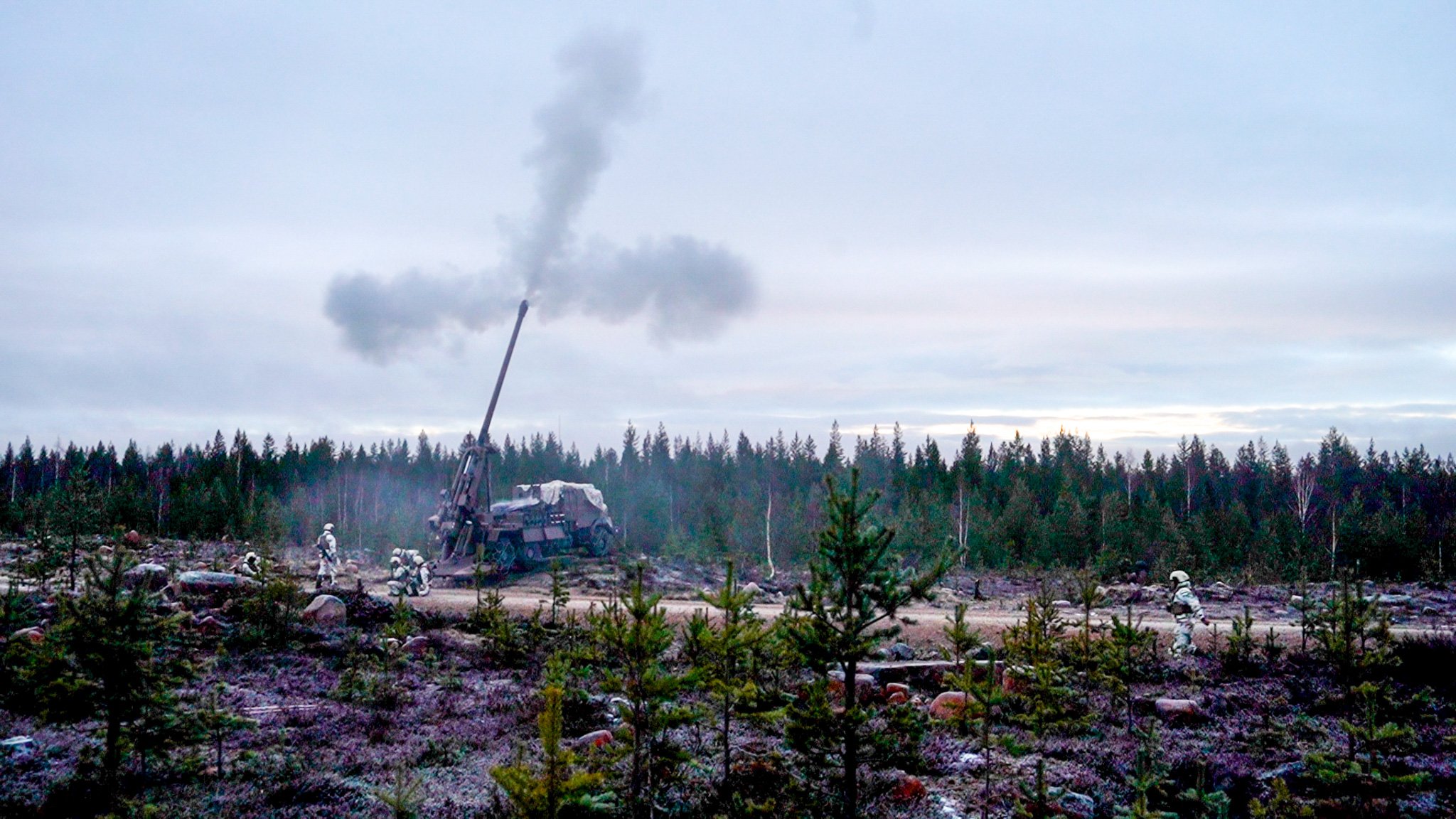China and Russia plotting military stranglehold on Arctic, warns Pentagon
Growing naval cooperation between two nations in waters north of Alaska may mean US increases its own patrols
Tony DiverUS Editor, in Washington
Related Topics
05 December 2024 10:53pm GMT
23
Gift this article free
China is increasingly turning its attention to the Arctic as warmer temperatures open up new shipping routes Credit: Xinhua News Agency via Getty
China is working with Russia to increase its presence in the Arctic and could pose a threat to the US from the north, the Pentagon has warned.
A senior Department of Defense official said on Thursday that
new “military cooperation” between Russia and China north of Alaska could see the US hold more military drills as a deterrent.
Iris Ferguson, the deputy assistant secretary of defense, raised the alarm over
increased cooperation between Russia and China’s coastguards and a joint bomber patrol off the coast of Alaska in July.
She told an audience at the Center for Strategic and International Studies in Washington that China was “one of the newer entrants on the scene” but was likely to expand its presence in the coming years.
“Over time, the strategic interests that they have in the region are … giving us pause,” she said.
“We’ve
long had exercises that operate in the region, but we’re really looking at how we can use those as a deterrent effect, working alongside our allies and partners.”
The US has always been concerned about
the proximity of Alaska to Russia, with just 55 miles separating the two territories at the narrowest point of the Bering Strait.
In September, the US Army increased the size of its deployment on the Aleuthian islands, which span the Bering Sea, and sent a High Mobility Artillery Rocket System (Himars) unit.
Officials said the move was a “force projection operation” to deter increased military activity from Russia and China near US territory.
Ms Ferguson said the US was aware of new military
cooperation between Russia and China in the region, spurred by the war in Ukraine and also climate change, which has opened up more of the Arctic for military deployments.
Protecting interests
“This kind of increasing level of military cooperation is new,” she said. “Certainly, it’s new within and around Alaska.”
“We really just need to be clear-eyed about some of their intentions and how we can be like thinking about their long-term interests and how we can best protect ours.”
Although China does not neighbour the Arctic,
rising temperatures in the region have opened up economic opportunities for Beijing, including new shipping routes.
The US and Nato allies conduct regular joint operations in the Arctic, known to the alliance as the “High North” to practise operating in cold conditions and to deter Russian aggression.
The Pentagon’s Arctic strategy, published earlier this year, warned that the Arctic was “becoming a venue for strategic competition,” arguing that the US “must stand ready to meet the challenge”.
It warned that China operates three icebreakers in the region, which serve a “dual civil-military” purpose and have been used to test underwater drones and aircraft that can operate in Arctic conditions.
Chinese Navy vessels have also conducted exercises with the Russian fleet “over the last several years”, it said.

























